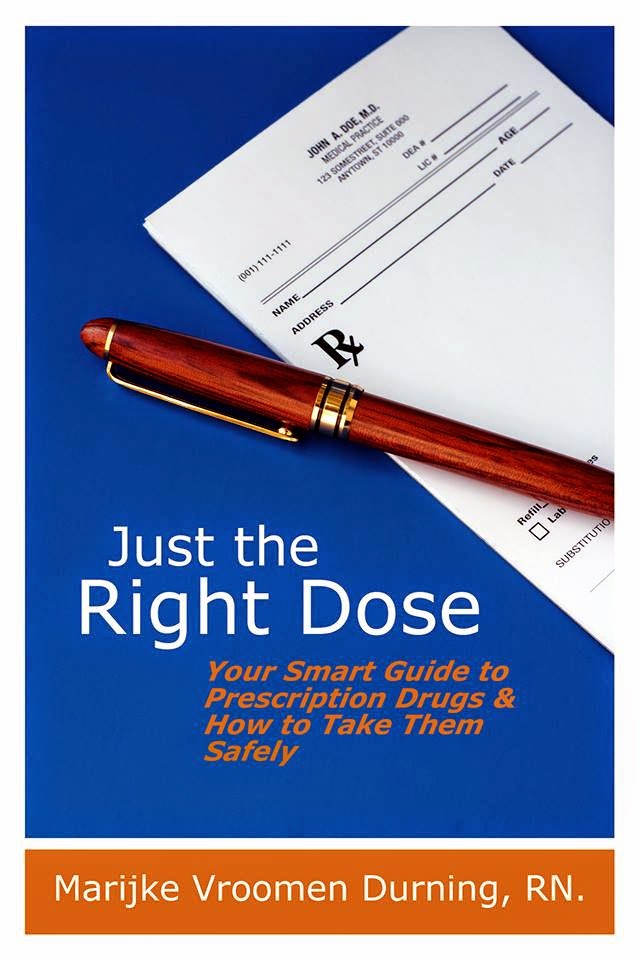Yesterday, I included in my News for Today a story on psoriasis, Severe psoriasis linked to higher death risk. Many people don’t know what psoriasis is – yet, the National Institutes of Health in the United States says 7.5 million Americans have some form of psoriasis. So what is psoriasis?
According to the National Psoriasis Foundation, there are five types of psoriasis, a noncontagious, lifelong skin disease. Some people go on to develop psoriatric arthritis. On their website, it says, “The most common form, plaque psoriasis, appears as raised, red patches or lesions covered with a silvery white buildup of dead skin cells, called scale.” If you click on their website, you can read about the differences between the five types.
The plaques develop because the skin is producing cells too quickly. In healthy skin, the cells mature and drop off – or shed - every 30 days or so. With psoriasis, something triggers a faster development of skin cells and they mature much faster, at a rate of about three to four days. Then, instead of shedding, they pile up and this is what causes the plaques that can be so painful and/or itchy.
At best, the disease is uncomfortable, at worst, it can affect how you live your life due to the discomfort – it all depends on how much of the body is affected and how badly it is affected. There are no cures yet for psoriasis, but there are treatments that can help. Unfortunately, the available treatments are not helpful for everyone and it can take quite a bit of trial and error before one is found that can help you.
To learn more about psoriasis, you can go to the site I mentioned above, or visit the MayoClinic.com, the FDA, or the National Institute of Arthritis and Musculoskeletal and Skin Diseases.
News for Today:
Dangerous drugs continue to be prescribed to seniors: CBC report
People living in sunnier countries less likely to have lung cancer: study
Aging brains increase seniors' risk of dehydration: study
Early surgical treatment contributes to better outcomes in gallstone pancreatitis cases
No need for reduced alcohol consumption in later life
Wednesday, December 19, 2007
Psoriasis - what is it?
Subscribe to:
Post Comments (Atom)





No comments:
Post a Comment